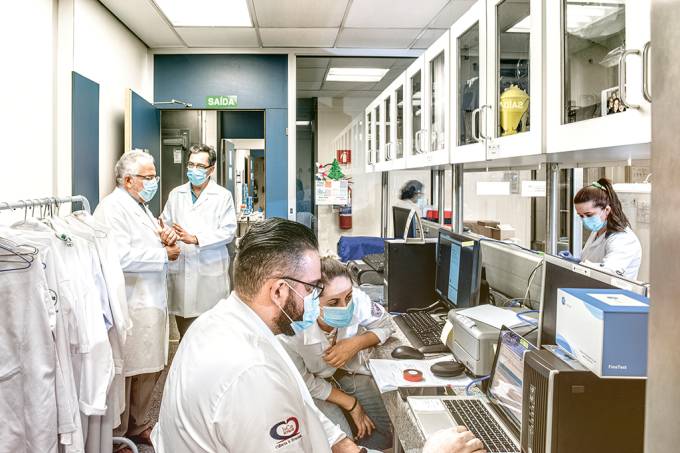RIO DE JANEIRO, BRAZIL – The fully Brazilian nasal spray vaccine is still in its pre-clinical trial phase and lagging behind because of the lack of investment in science in Brazil.
World science has not stopped evolving because Brazil has invested little in local scientific research. While other countries have already approved vaccines against the novel coronavirus which are being produced on a large scale, developed by local companies, Brazilian science is crawling.

This lag is not for lack of effort. Infectologist Jorge Elias Kalil Filho and his team explain the challenges involved in the development of science in a country investing increasingly less in the area. Since April 2020, he and over 40 multidisciplinary professionals meet almost daily in a laboratory to develop a nasal spray vaccine, aimed at halting a pandemic that has already infected over 92 million patients worldwide.
In addition to the lack of public funds, the Brazilian private sector also invests little in scientific development. According to economist Paulo Feldmann, associate professor at the University of São Paulo School of Economics and Administration and researcher at Fudan University in China, the reason is clear. “Brazilian companies are not large because they have not invested in innovation. Without investment in innovation, one doesn’t grow. And why haven’t they ever invested in innovation? Because there is no fiscal incentive,” he says.
The Brazilian vaccine stumbles into problems that range from bureaucracy to the dollar rate – which raises the cost of components required for the production of an immunizer, imported in its majority. With the shortage, Brazilian science becomes obsolete, uncompetitive and slow in fighting periods of crisis like the novel coronavirus pandemic.

